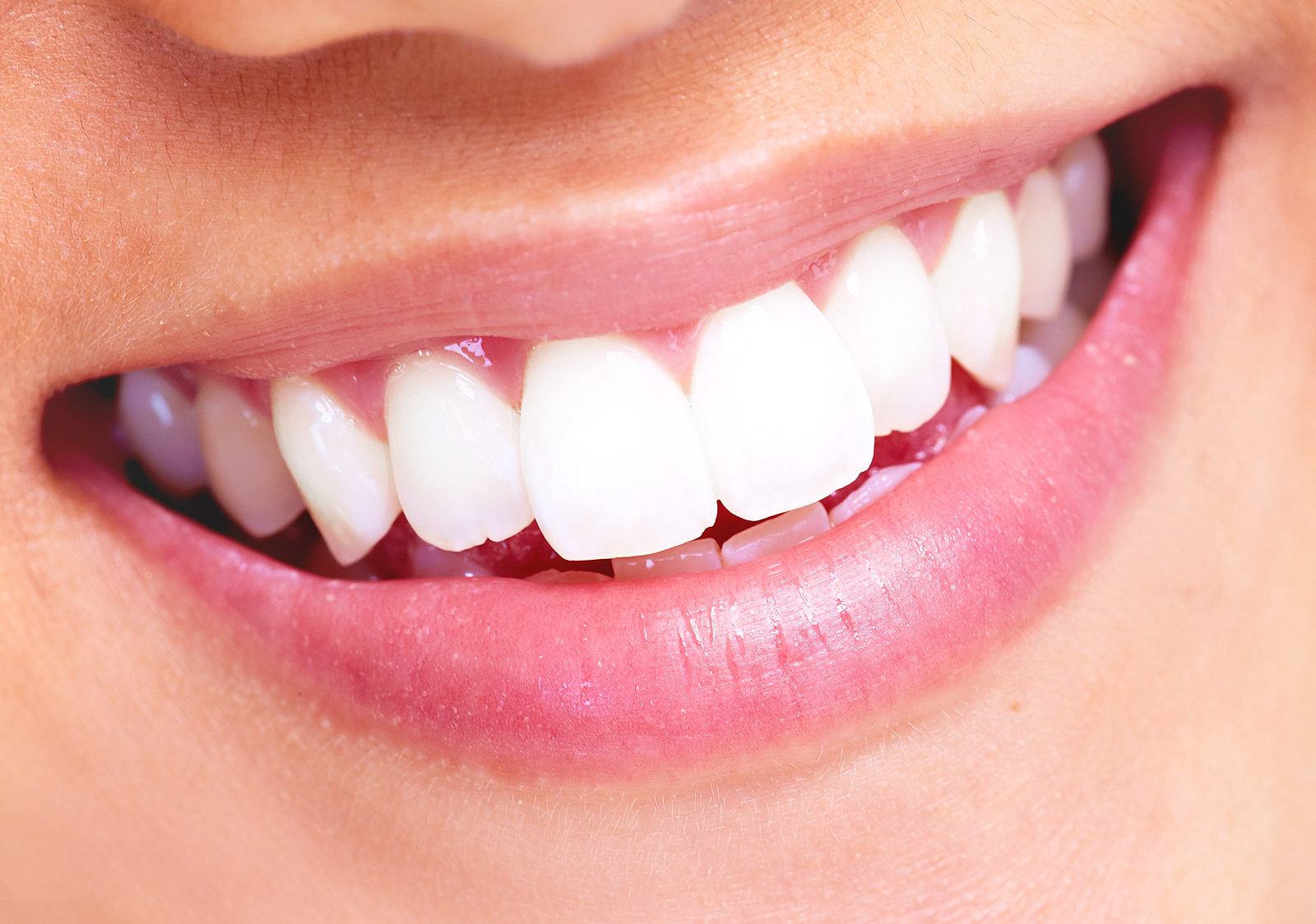The Role of Dental Crowns in Restorative Dentistry: More Than Just a Cosmetic Fix
When it comes to restorative dentistry, dental crowns often take center stage. These remarkable dental solutions are not just about restoring the beauty of your smile; they play a crucial role in maintaining oral health and function. Imagine having a reliable shield that strengthens weakened teeth while enhancing their appearance—that's exactly what dental crowns offer. Whether you’re dealing with decay, damage, or wear, understanding how these versatile fixtures work can empower you to make informed decisions about your dental care. If you're in Phoenix, AZ, and wondering if dental crowns might be right for you, let's dive into the world of restorative dentistry together!
How Dental Crowns Work in Restoring Teeth
Dental crowns play a crucial role in restoring damaged or decayed teeth. They are designed to encase the entire visible portion of a tooth, providing strength and protection.
When a tooth is compromised—whether due to decay, trauma, or wear—the crown acts as a shield. It restores functionality, allowing you to bite and chew without discomfort.
The process usually involves assessing the damage first. Your dentist will prepare the tooth by removing any decay and shaping it for the crown. This ensures a snug fit that mimics natural teeth.
Once shaped, an impression is taken to create a custom crown tailored specifically for your mouth. Materials vary from porcelain to metal alloys, each offering unique benefits depending on location and personal preference.
After placement, dental crowns not only enhance appearance but also support oral health by preventing further issues down the line. They blend seamlessly with natural teeth while ensuring long-lasting durability.
Different Types of Dental Crowns
Dental crowns come in several materials, each suited for different needs and preferences.
- Porcelain crowns are popular for their natural appearance. They blend seamlessly with surrounding teeth, making them ideal for front teeth restorations.
- Metal crowns offer durability and strength. Often made from gold or other alloys, they withstand the pressure of chewing, making them suitable for back teeth where force is greatest.
- Ceramic crowns provide a balance between aesthetics and function. These are great options for those who want a more robust solution without compromising on appearance.
- Resin crowns are cost-effective but less durable than other types. They can be an option for temporary solutions while awaiting permanent restorations.
Each type has its own set of advantages and may serve different dental situations effectively. Choosing the right crown depends on individual needs and dentist recommendations in Phoenix, AZ. Contact us to learn more.
Benefits of Dental Crowns Beyond Aesthetics
Dental crowns offer more than just an aesthetic upgrade. They play a crucial role in restoring functionality to damaged teeth. When decay or injury compromises a tooth, a crown can provide the strength needed for chewing and biting.
Additionally, dental crowns protect weakened teeth from further damage. This is essential in preventing additional health issues down the line. By covering cracks or fractures, they act as a shield against bacteria and decay.
Their durability is another significant benefit. Made from materials like porcelain or metal, crowns are designed to withstand daily wear and tear.
Moreover, dental crowns can help maintain proper tooth alignment. When one tooth suffers damage, it may lead to shifting of surrounding teeth. A crown stabilizes the affected area, promoting overall oral health.
These benefits make dental crowns an integral part of restorative dentistry beyond their cosmetic appeal.
The Procedure: What to Expect
When you visit your dentist for a dental crown, the process typically unfolds over two appointments.
During the first appointment, your dentist will examine the affected tooth and take X-rays to assess its structure. If there’s significant decay or damage, they may perform a root canal before proceeding with the crown placement.
Next, they'll shape your tooth to ensure a snug fit for the crown. An impression is then made, which serves as a mold for creating your custom crown. While this is being fabricated—often in an offsite lab—you'll receive a temporary crown to protect your tooth.
At your second visit, expect to have that temporary removed and replaced with your permanent crown. The dentist will check its fit and color before cementing it securely in place. You’ll leave with not just enhanced aesthetics but also improved functionality of your smile!
Tips for Maintaining and Caring for Dental Crowns
Taking care of your dental crowns is essential for longevity.
- First, practice good oral hygiene. Brush twice a day and floss daily to keep plaque at bay.
- Avoid hard foods that could chip or crack the crown. Foods like ice or hard candies can be problematic, so enjoy them with caution.
- Regular dental check-ups are crucial. Your dentist in Phoenix, AZ, will monitor the condition of your crowns and ensure they fit properly over time.
- If you notice any sensitivity or discomfort, don’t hesitate to reach out to your dentist. Early intervention can save you from more significant issues down the line.
- Consider using a nightguard if you grind your teeth while sleeping. This simple addition can protect both natural teeth and dental crowns alike, ensuring they remain in great shape for years to come.
Conclusion
Dental crowns are a vital part of restorative dentistry, serving purposes that extend well beyond mere aesthetics. They provide essential support to damaged teeth, enabling you to maintain your smile and oral health effectively. Whether you're dealing with decay, fractures, or wear from grinding, dental crowns can offer the stability and strength needed for long-term functionality.
Different types of dental crowns cater to various needs and preferences. From porcelain to metal options, each type has its unique advantages that fit diverse lifestyles and budgets in Phoenix, AZ. The benefits of these restorations go far beyond looks; they enhance chewing efficiency and protect vulnerable teeth from further damage.
The procedure itself is straightforward but might require some preparation time. Understanding what happens during the process can ease any anxiety you may feel about getting a crown placed on your tooth.
After receiving dental crowns in Phoenix, AZ, proper maintenance is key to ensuring their longevity. Regular brushing and flossing will help keep them clean, while routine visits to your dentist will allow for professional evaluations.
Investing in dental crowns not only improves the appearance of your smile but also plays an integral role in maintaining overall oral health—helping you eat comfortably while protecting underlying structures. Embrace this solution as it serves both functional needs and visual appeal seamlessly.
At Biltmore Commons Dental Care, we strive to provide each of our patients with a positive and relaxing experience. If you're ready to experience the best dental care, please contact us at (602) 249-2227 or visit us at 1277 E Missouri Ave Ste 217 Phoenix, AZ 85014.






















0 comments